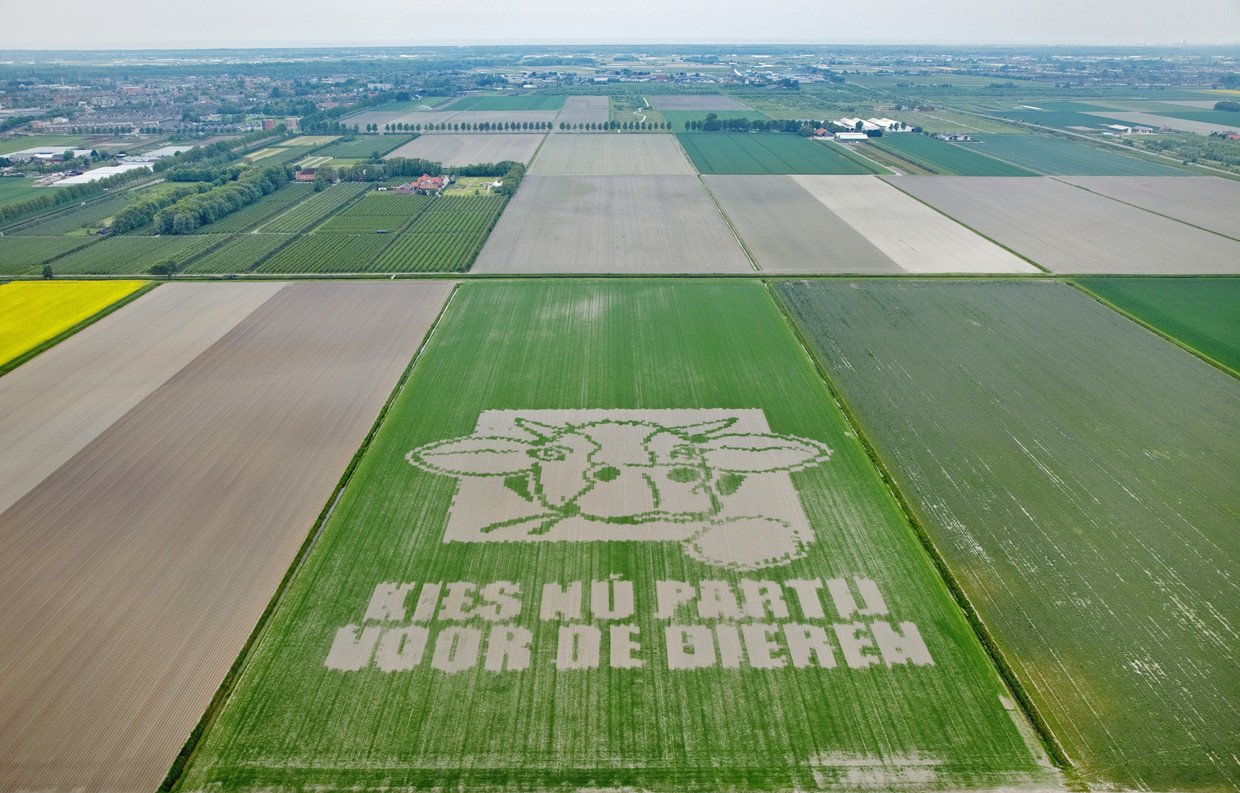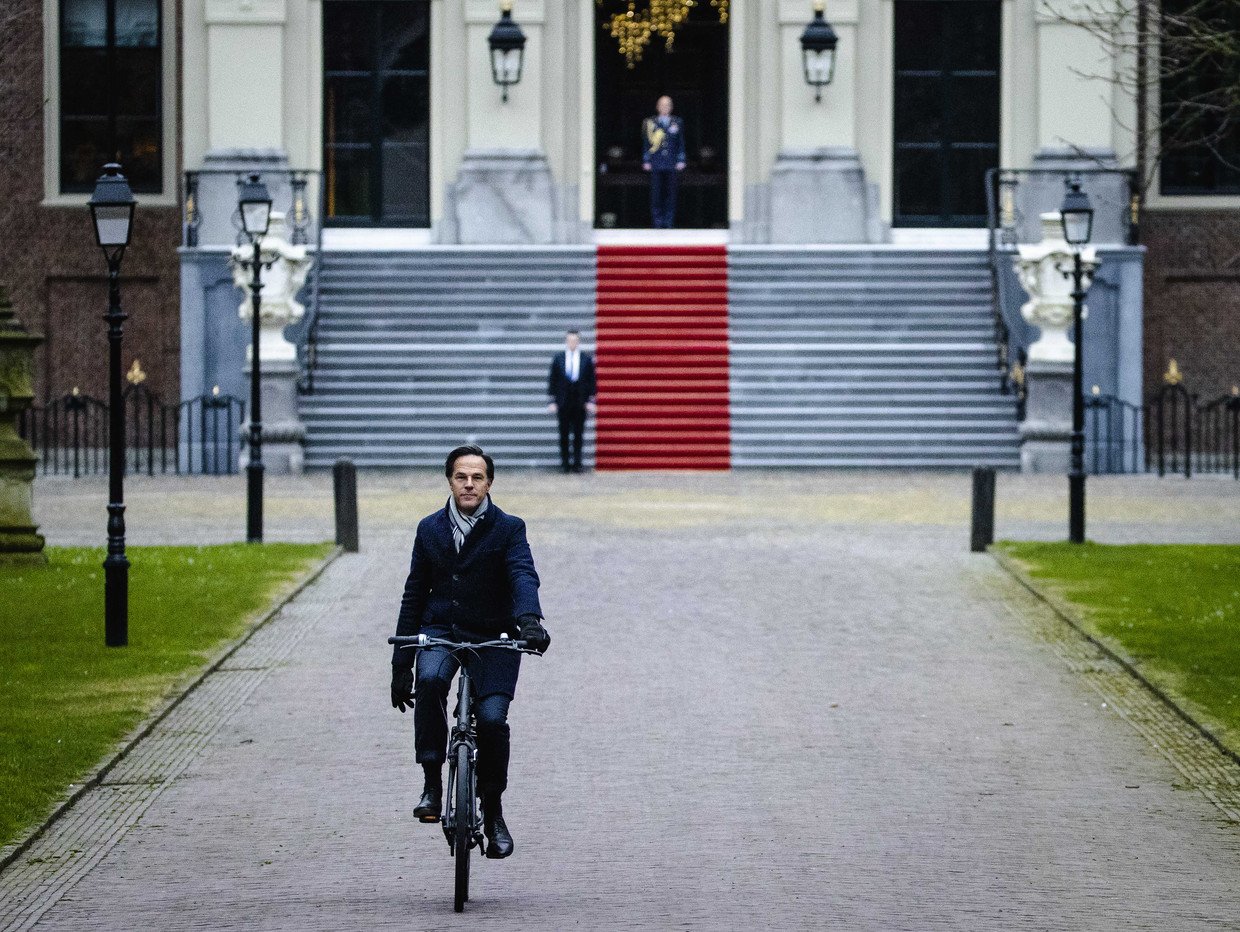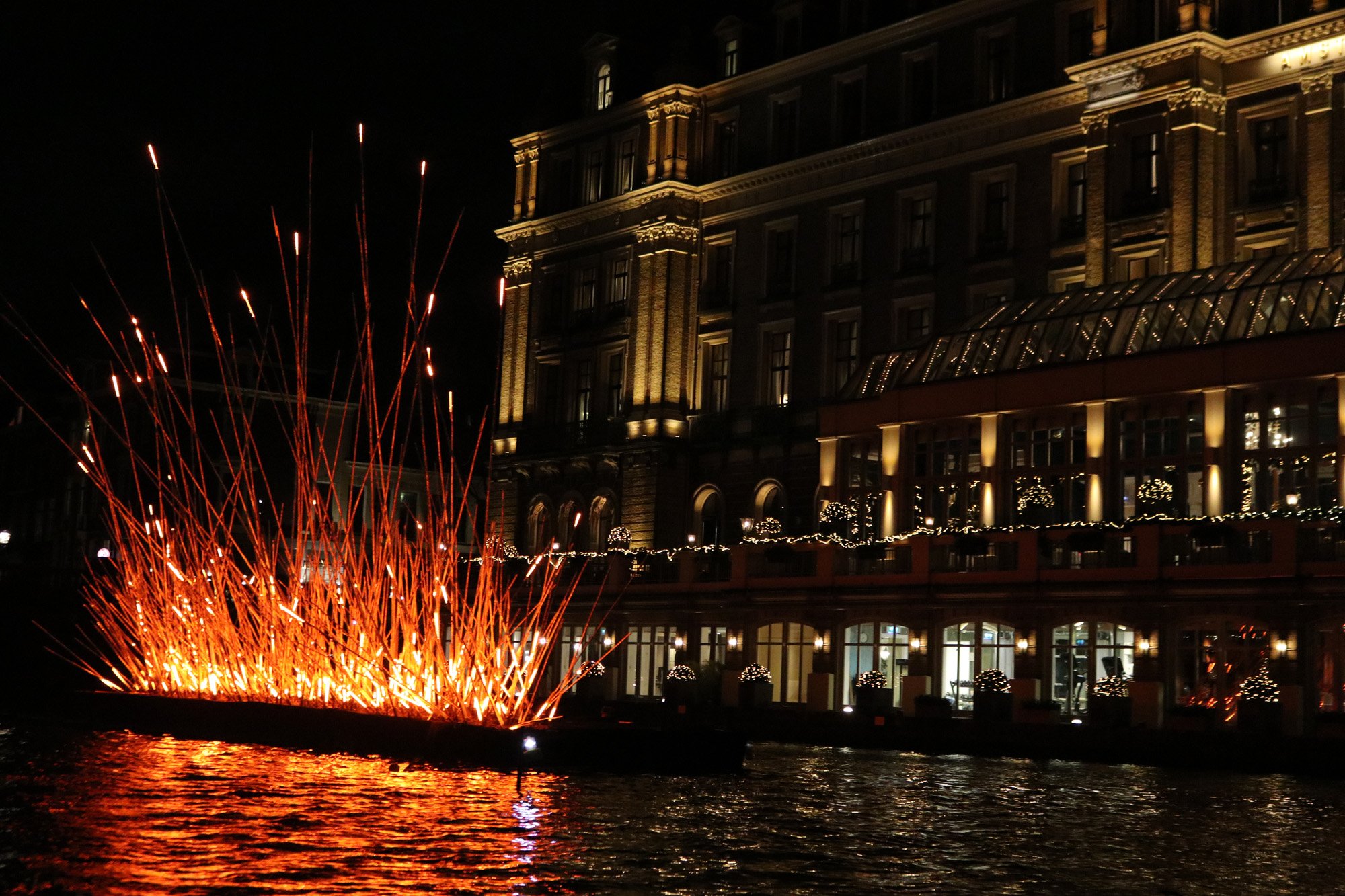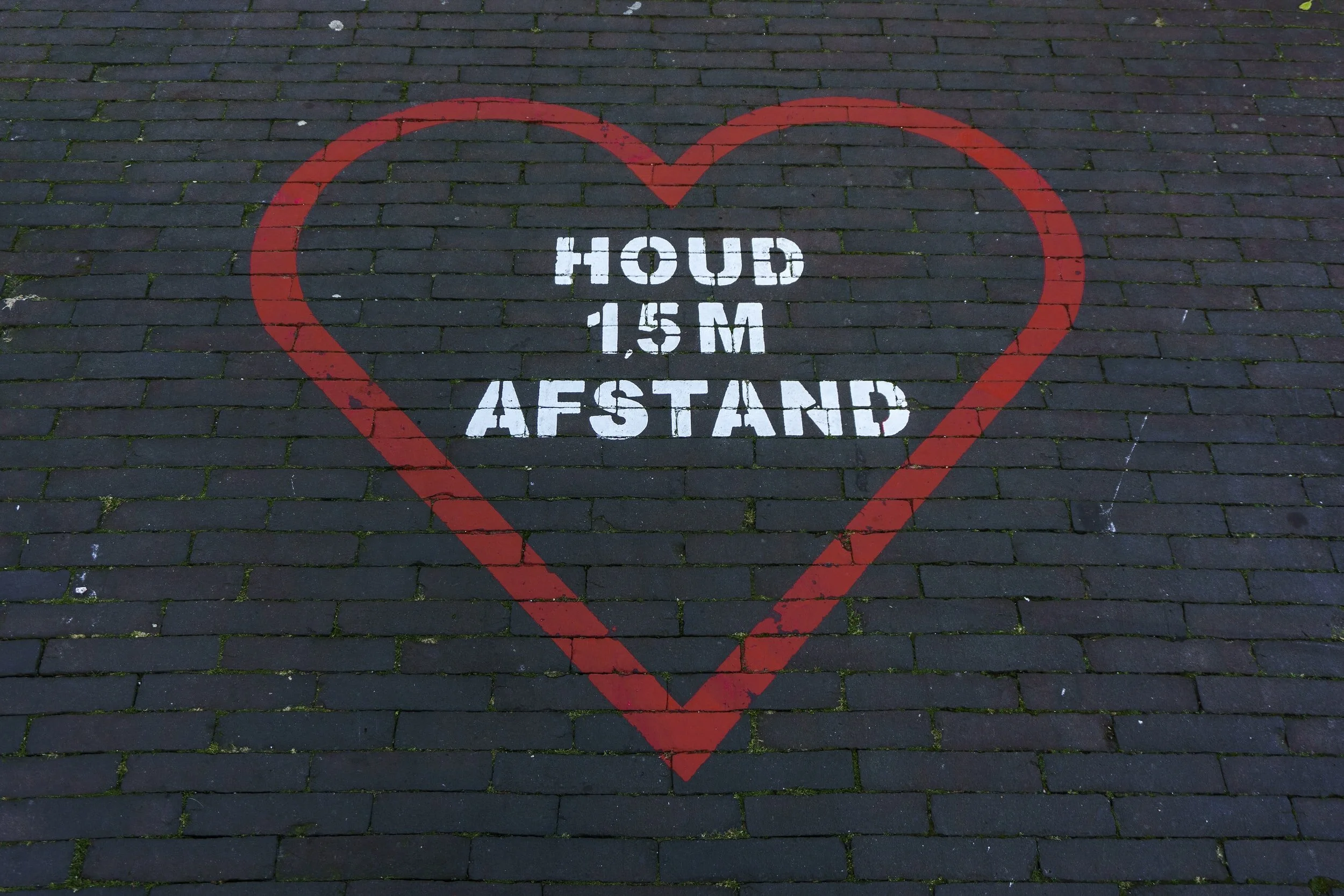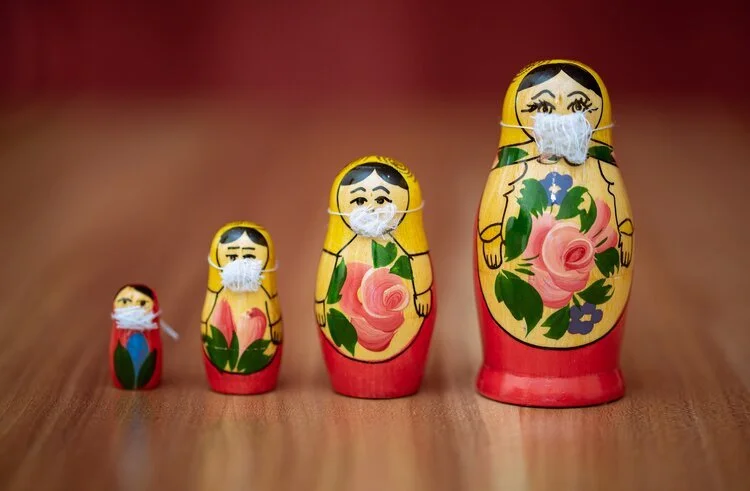Expat Chronicles: Politics in The Netherlands
Politics?!?! Yikes. Let us all first take a deep breath. I won’t be writing a treatise on Dutch politics, only sharing a few stark differences that I notice from my American perspective. Of course, what is surprising to me might seem normal to those coming from other lands. But as most of my readers are American, this could be interesting.
state buildings in Den Haag
Political Parties
What stands out the most about Dutch politics is the sheer number of political parties. In the upcoming election, 26 different parties have put forth candidates! TWENTY SIX. New parties come into existence often, and in fact, a party that was established last year is making a big splash on the Dutch political scene. That’s the BBB party, which represents the interests of Dutch farmers.
With so many parties, choosing one that best matches your values is a task. Unbiased online tests are designed to help you find the best match, which may even be a faith-based party. I know several people who vote for “Partij voor de Dieren,” literally Party for the Animals. As they say, the animals (i.e. nature) deserve representation too.
Translation: Choose now the Party for the Animals
What is the effect of having so many parties? The abundance of choice creates opportunity for change in the political landscape. Unsatisfied voters go elsewhere and new parties rise up to represent any interests that are being ignored. Things can change fast.
Elections
In about a month the Dutch are holding a general election. This is akin to electing the US Senate. After these seats are filled, the elected officials will form a cabinet (ruling parties) and choose the prime minister.
That’s right, Dutch people don’t vote directly for the prime minister (i.e. president). When they vote for their favorite candidate in the general election, they are also voting for their favorite party. The prime minister generally comes from the party with the most votes and would be the lead person from that party. It’s kind of efficient, actually.
Elections are supposed to happen every 4 years, but in practice they happen more often because - - -
The Government Steps Down
Ok, my fellow Americans, can you imagine this scenario? A scandal is revealed. It’s not treason or an evil deliberately done; however, a significant mistake was made and those in power feel embarrassed and responsible. So, they step down. The whole cabinet (prime minister included) apologize for failing as leaders and voluntarily give up their power, triggering an unscheduled election to restart the government.
I’m serious.
The government has stepped down twice in the 4 1/2 years that I have lived in The Netherlands. It happened last this July, when the government stepped down because they could not come to an agreement on immigrant policy for those seeking asylum. As I understand it, this is the most common reason for the Dutch government to fall. Those in power feel a responsibility to be able to collaborate and make policy. If they can’t come to agreements and actually get things done, they consider that failure and it their responsibility to step down.
Netherlands longest-standing prime minister, Mark Rutte, bicycles away from work.
Collaboration
The concept of collaboration is actually a huge political value in The Netherlands. Rather than having just a few political extremes, this country makes space for a lot of different perspectives. With so many parties in play, no one party is ever going to have the majority vote. The only way for a party to influence policy is to partner with other parties to accomplish common goals.
After the election a ruling coalition must be formed from those who received a seat in the Senate. This concept is all about collaboration. Usually about 4 parties join together - parties who feel that they can get along because they have enough in common to stand together. These ruling parties must have enough seats in the Senate in order to be able to hold the majority vote. They become the ruling coalition and the remaining parties are the “opposition.”
I find it striking that the Dutch have developed a political system that forces politicians to look for common ground with those outside their party. What a refreshing concept.
Well, that gives you a taste of things! Since I am not yet a Dutch citizen, I won’t be able to vote in November’s general election. I did get to vote in a local election last year, just because I am a resident.
It was super easy. I could vote in any of the 83 locations in my city, but since I work at home, I voted in the school across the street. I was amazed that the school actually stayed open during the voting process with all the kids present, and that it took all of 5 minutes to vote. There was just one person ahead of me in line. It was so simple.
Oh, you Dutch people have no idea how good you have it!

